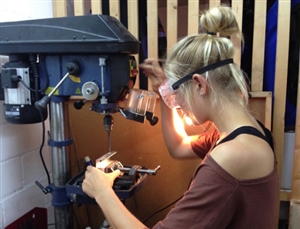A report from the B.B.C.
https://www.bbc.co.uk/news/newsbeat-50982063
Z.


We're about to take you to the IET registration website. Don't worry though, you'll be sent straight back to the community after completing the registration.
Continue to the IET registration site